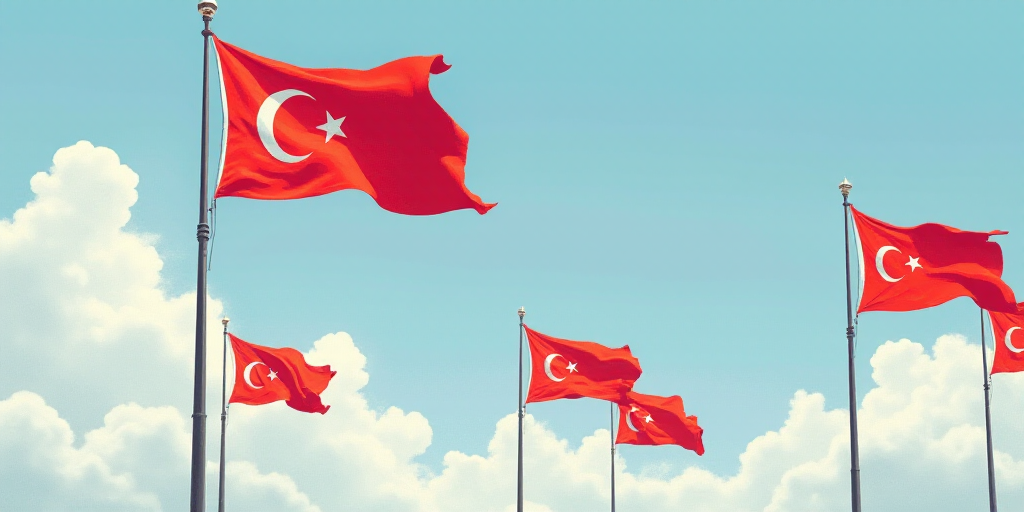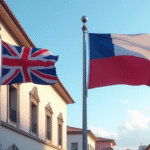BRICS: A Global Geopolitical Force
The BRICS group, comprising Brazil, Russia, India, China, and South Africa (with 10 full members and 10 associate countries), has evolved from a mere economic coordination platform to a significant geopolitical force. The recent 17th BRICS Summit in Rio de Janeiro (July 6-7, 2025) underscores their growing ambition and willingness to reach consensus amidst rising global conflicts and new, more protectionist trade policies, especially from the United States.
Key Figures and Their Absences
The summit saw notable absences, including Russian President Vladimir Putin and Chinese President Xi Jinping. Putin’s absence was due to concerns over potential interception of his flight, given the ICC arrest warrant against him. Xi Jinping’s absence might have been deliberate, as Russia and China dominate the BRICS bloc, and Xi may have been reluctant to lead without Putin’s presence.
Security as the Central Theme
The Rio Declaration highlights BRICS’ increasing commitment to global geopolitics and security, a trend that has gained momentum since the 2022 Peking Summit. Although the Ukraine conflict received less attention this year, Middle East and African issues remain primary concerns. Consequently, Brazilian President Luiz Inácio Lula Da Silva proposed reforming the UN Security Council during this summit.
- BRICS condemned the April 2023 terrorist attacks in Jammu and Kashmir.
- The declaration addressed conflicts in Sudan, Syria, and Haiti, advocating for peace and continued humanitarian action in conflict zones.
Economic Objectives and Trade Disputes
Despite the focus on global security, BRICS’ primary mission remains economic coordination and multilateral reform. The declaration supports sustainable development, climate initiatives, digitalization, artificial intelligence, cybersecurity, and international development programs by the New Development Bank (NDB).
Regarding climate change, a Brazilian priority, BRICS reject the EU’s carbon border adjustment mechanism, labeling it protectionist (Article 88 of the Rio Declaration).
The declaration expresses concern over unilateral tariff measures disrupting trade and violating WTO rules. Regarding discussions on reducing dollar dependency, BRICS propose a proprietary payment system to lessen reliance on Western financial systems.
Multipolar World and Global Governance
BRICS embrace multilateralism and advocate for reforms to support emerging and developing nations’ growing roles in international affairs, particularly advocating for a more democratic, representative, effective, and efficient UN Security Council (Article 6).
This stance aligns with their criticisms of Bretton Woods institutions like the World Bank and IMF, demanding reform to make them more agile, efficient, reliable, inclusive, purpose-fit, impartial, accountable, and representative (Article 10). They also endorse their own initiatives, such as the NDB: “We recognize and support its growing role as a robust and strategic development and modernization agent in the Global South” (Article 46).
Brazilian President Lula da Silva emphasized that multilateralism under threat jeopardizes developing nations’ autonomy.
Challenges and Strategic Priorities
Strengthening institutions like the NDB and fostering South-South cooperation will be vital to maintain BRICS’ relevance. Expanding to 20 countries, including full members like Egypt, Ethiopia, Iran, the UAE, and Indonesia, enhances their global influence. BRICS now represent nearly half of the world’s population, almost 40% of its economy in 2023, and more than two-thirds of global oil production.
However, this growth complicates consensus-building and raises sovereignty concerns among member states. In a volatile world marked by trade wars and regional conflicts, BRICS must balance reassuring skeptical Western partners like U.S. President Donald Trump, who has criticized them harshly on Truth Social.






